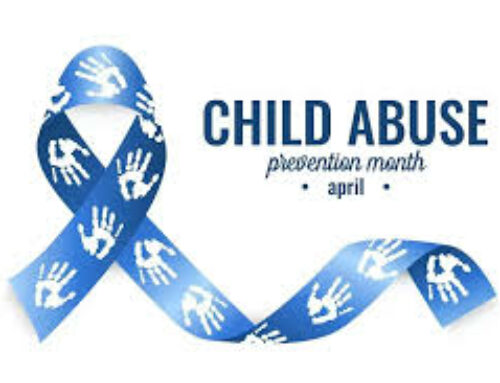Published in the November 25 – December 8, 2015 issue of Morgan Hill Life
By Faith Protsman, M.D.
Many of us will plan dinner, a vacation or for retirement. But how many of us plan for decisions to be made if we are incapacitated and unable to speak for ourselves. By talking with family and loved ones about your life plan, you can ensure your wishes are honored, and save your loved ones from making often heart-wrenching decisions.
In 1979, a report was published that defined basic ethical principles that should underlie biomedical and behavioral treatment. These principles include autonomy, beneficence and justice — others have included non-maleficence, human dignity, and the sanctity of life. The report also brought forward the concept of informed consent — that a patient has the right to know what treatment is being suggested, what the potential outcomes could be and any alternatives available.
During the past 35 years, there have been a number of legal battles to ensure a patient’s rights are honored. These cases have helped establish ethics committees in hospitals and nursing homes, established advanced healthcare directives, and publicized the issues surrounding end-of-life decision making in this era of advanced medical technology. These cases further refined the concept of informed consent, and added the concept of informed refusal — patients have the right to accept or refuse treatment.
As people approach the end of their lives, they and their families commonly face tasks and decisions that include an array of choices. They may be practical, psychosocial, spiritual, legal, existential or medical in nature. About 2.5 million people die each year in the United States. For the nearly 70 percent of them who live out their final days in hospitals, nursing homes and in hospice care, decisions must continually be made about treatment. Informed consent is essential to end-of–life planning.
When individuals lose the capacity to make their own medical decisions, the interest in autonomy requires that decisions be based on the wishes that these people expressed earlier in their lives. This position has been adopted into law: all states recognize the legal authority of advance directives (living wills or health care powers of attorney).
It is well accepted that oral statements made by patients — either instead of written advance directives or to supplement them — may also be useful guides in determining what treatments they do and do not want.
When individuals have not made decisions about medical care, the ethical and legal protocol is to implement a person’s presumed wishes through what is known as “substituted judgment.” Under this doctrine, a surrogate must make decisions for a patient. If the patient has not appointed a surrogate in an advance directive, close family members are ethically and legally empowered to make decisions. All end-of-life choices and medical decisions have complex psychosocial components, ramifications, and consequences that have a significant impact on suffering and the quality of living and dying. However, the medical end-of-life decisions are often the most challenging for terminally ill people and those who care about them. Make the plan, and share the plan — it is the best gift you can provide for those you love.
Faith Protsman is a general practice physician who focuses on prevention of disease. She wrote this column for Morgan Hill Life.







